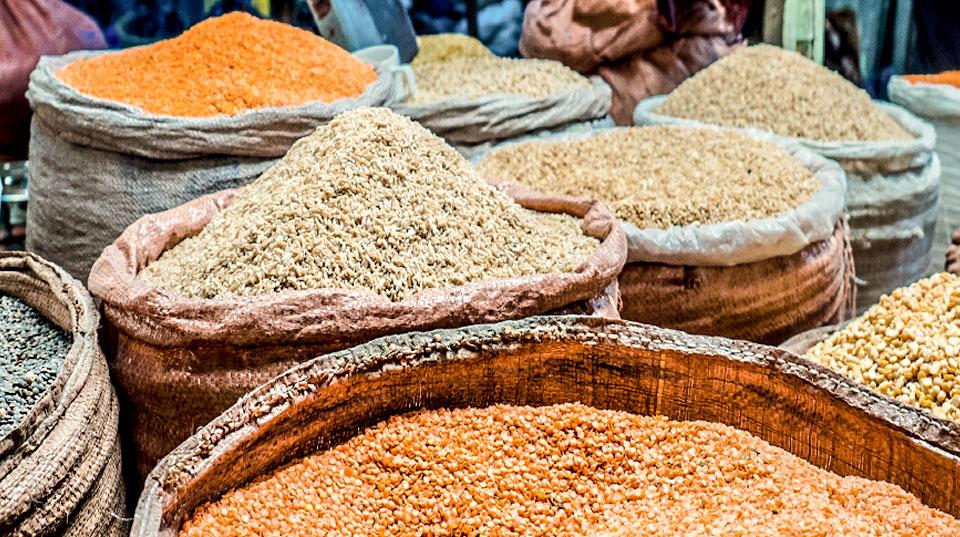Overview
This project aimed to make water use more efficient and to increase wheat yield in the rain-fed and minimally irrigated zones of India and Australia.
The researchers were searching for new methods, germplasm and molecular markers for efficient water use that could be used to improve wheat in both countries.
The project focused on two important research areas:
- Improving crop establishment when sown earlier. Earlier sowing makes water use more efficient, and the wheat crop can avoid drought and high temperatures during the critical flowering period. Earlier sowing also means warmer soils, which can be hazardous to crop establishment.
- Increasing the rooting depth of wheat. Wheat lines with deep roots can access more soil water at depth during grain filling. The project will explore whether this results in higher yields.
If farmers had access to improved wheat varieties that could be sown earlier and with deeper roots, the improved water-use efficiency would result in higher yield and income for farmers.
Key partners
Agharkar Research Institute
Banaras Hindu University
Directorate of Wheat Research
Indian Agricultural Research Institute
Documents
Image

299.34 KB
-
pdf
Download



